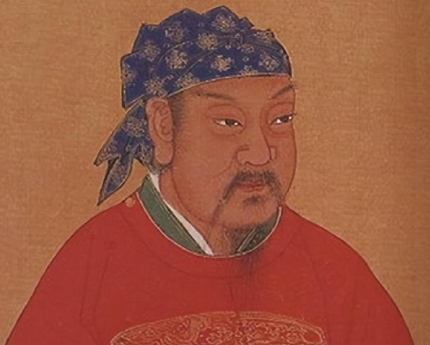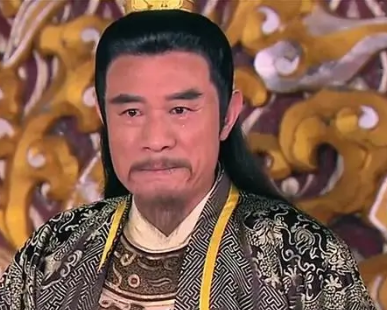In the history of China, the Ming Dynasty was a legendary dynasty. During this period, the vassal princes competed eagerly to guard the tombs, and the reasons behind this phenomenon are worth further exploration.

Firstly, we need to understand the tomb system of the Ming Dynasty. The Ming emperors attached great importance to the construction of tombs, believing that they were the abode of the emperor's and his ancestors' spirits, as well as a symbol of the divinity of imperial power. Therefore, the Ming emperors would spend a lot of energy and financial resources on tomb construction during their reign. As members of the royal family, the vassal princes had the obligation to participate in tomb guarding to express their respect for the emperor and their ancestors.
Secondly, tomb guarding for the vassal princes was not only a manifestation of fulfilling family obligations, but also a means of obtaining political benefits. In the feudal society of that time, imperial power was supreme, and the status and power of the vassal princes came from the emperor's grant. By actively participating in tomb guarding, the vassal princes could demonstrate their loyalty and responsibility to the emperor, thereby gaining the emperor's trust and appreciation. This had an important impact on the status and influence of the vassal princes in the court.
In addition, tomb guarding was also an honor and privilege. In that society, people who could participate in tomb guarding were strictly selected and must possess certain qualifications and identities. For the vassal princes, being able to grab the opportunity to guard the tomb meant that they had been recognized by the emperor and society, which also helped to enhance their reputation and influence among the people.
However, tomb guarding was not an easy task. The construction of tombs at that time was massive and complex, requiring a large amount of manpower and material resources. At the same time, due to the special nature of tombs, tomb guarding work often carried a certain degree of mystery and risk. Nevertheless, the vassal princes were still eager to participate in tomb guarding, reflecting the influence of social values and family concepts at that time.
In summary, the phenomenon of the vassal princes competing to guard the tombs in the Ming Dynasty was not accidental. It was not only a manifestation of fulfilling family obligations and expressing respect for the emperor and their ancestors, but also a means of pursuing political benefits and enhancing personal reputation. At the same time, this phenomenon also reflected the influence of social values and family concepts on individual behavior at that time.
Disclaimer: The above content is sourced from the internet and the copyright belongs to the original author. If there is any infringement of your original copyright, please inform us and we will delete the relevant content as soon as possible.
































